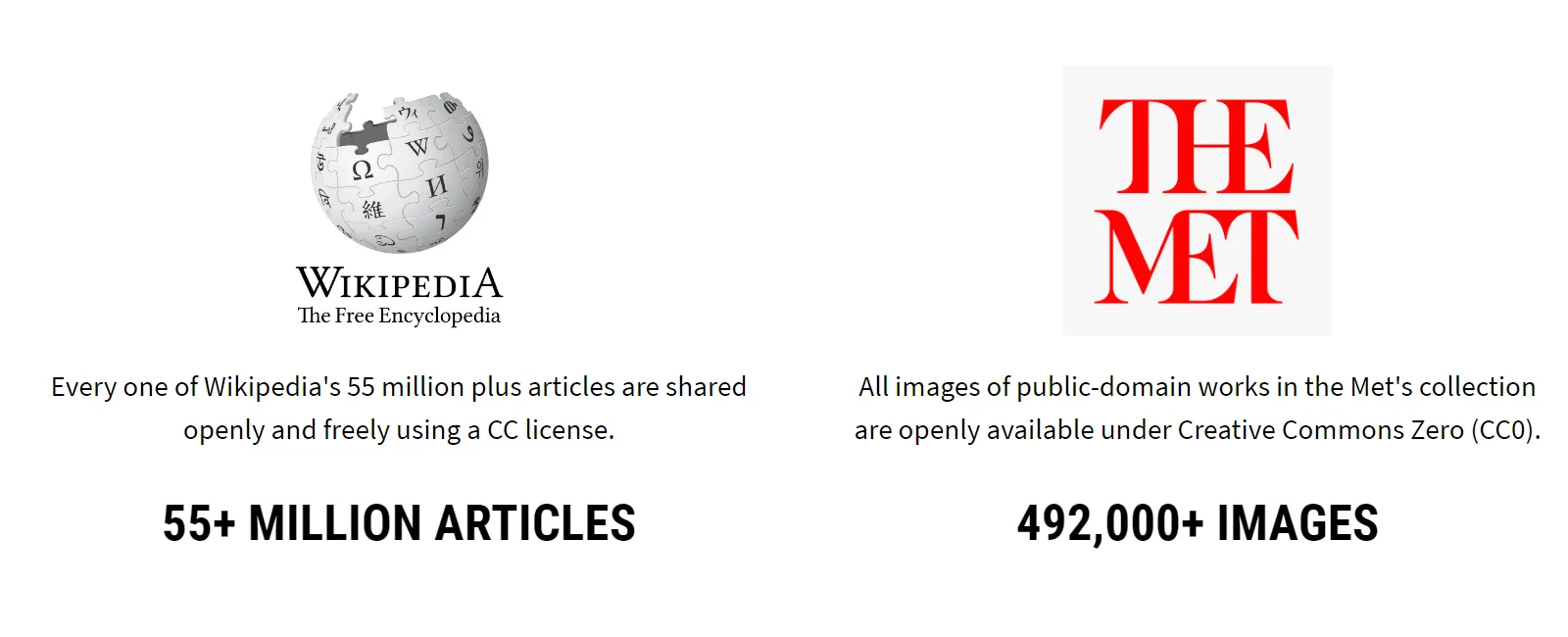More About Creative Commons
The Creative Commons organization was founded in 2001. The group wants to make knowledge more “open and accessible” worldwide so that people can share their efforts, be creative, address the world’s challenges, and create a brighter future. Presently, six Creative Commons licenses are offered.
- Attribution: Users can freely modify, expand upon, and use the creation for profit after crediting the creator.
- Attribution-ShareAlike: Users are free to modify and expand upon works in both commercial and non-commercial contexts, provided that they get a license for their new works and provide due acknowledgment to the original author.
- Attribution-Non-Commercial-ShareAlike: This license is the same as the “Attribution-ShareAlike” license, but it prohibits commercial use.
- Attribution-Non-Commercial: Users are free to use the contents in any manner that they see fit, provided that it isn’t used for profit.
- Attribution-NoDerivs: Users are free to use the content in any way they see fit, provided that no changes are made to it and recognition is given to the original creator.
- Attribution-NonCommercial-NoDerivs: Users are not permitted to alter or misuse the creation for commercial reasons.
Creative Commons licenses have four elements:
- Attribution (BY): “BY” stands for “attribution.” This implies that you have to provide credit to the work’s creator if you want to use it. All Creative Commons licenses need this criterion (CC0 does not need, although according to the CC FAQs, it is not a “license”).
- Share Alike (SA): The term “Share Alike” refers to the requirement that any adaptation you make of a work covered by this license has to be licensed with the very same or similar license.
- Non-Commercial: NC indicates that the work is limited to use for non-commercial purposes. According to NC licenses, non-commercial means “not mainly meant for or targeted towards commercial gain or financial compensation.” A work licensed under CC BY-NC may be used in a non-commercial capacity by a for-profit business.
- Non Derivatives: ND indicates that while you are free to use and publish the work in its initial form, you are not allowed to share a modified version of it. A common instance of picture adaptation is changing its color, blurring it, or superimposing another picture on top of it.

Source: Creative Commons


